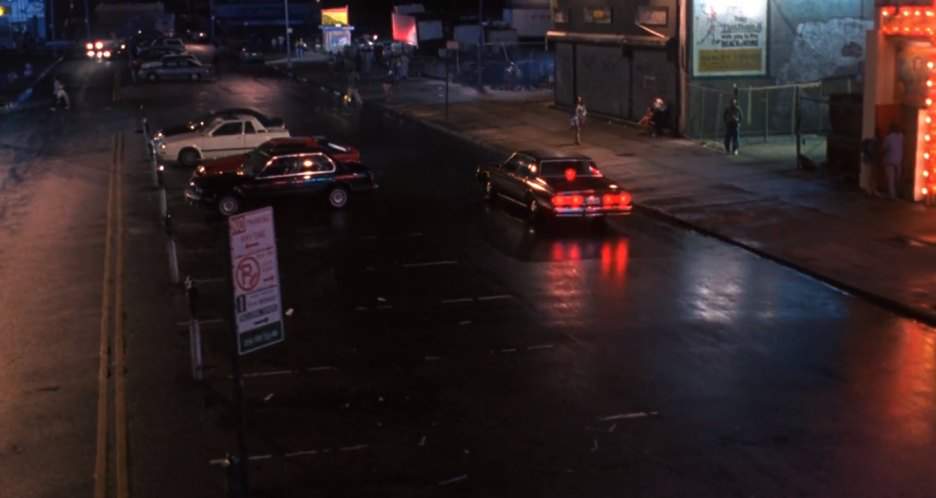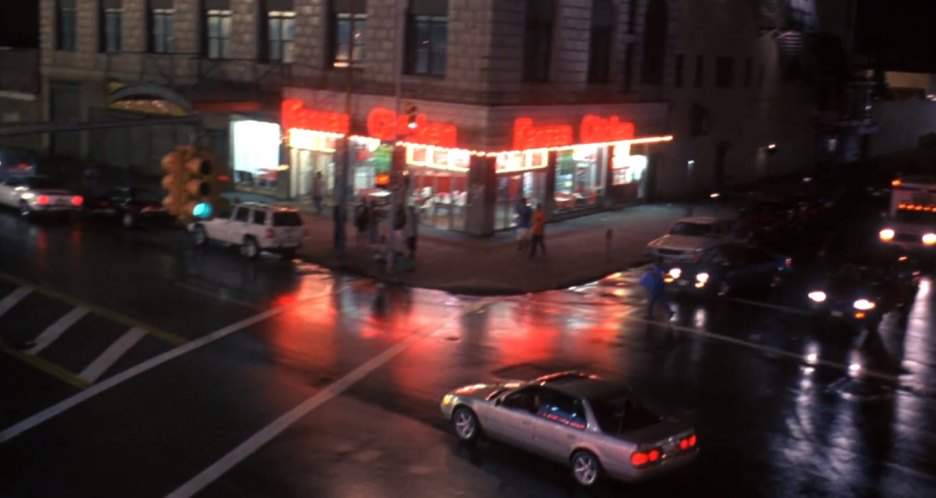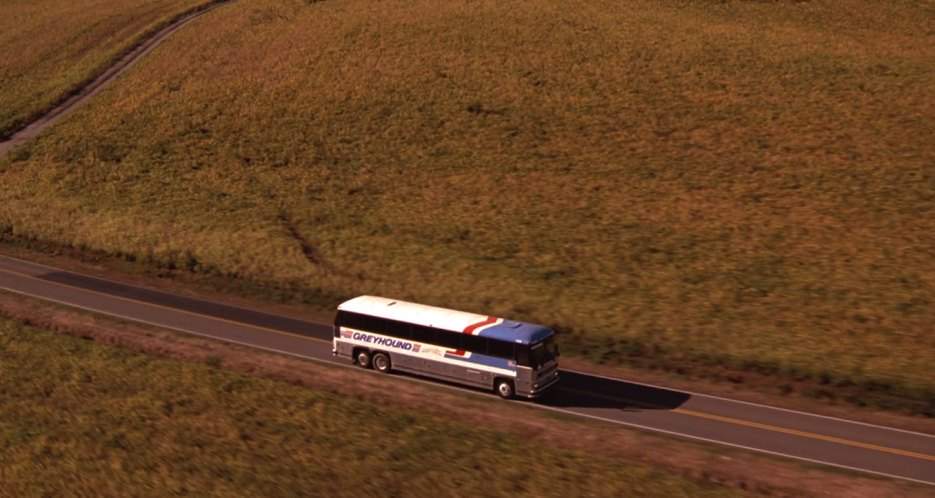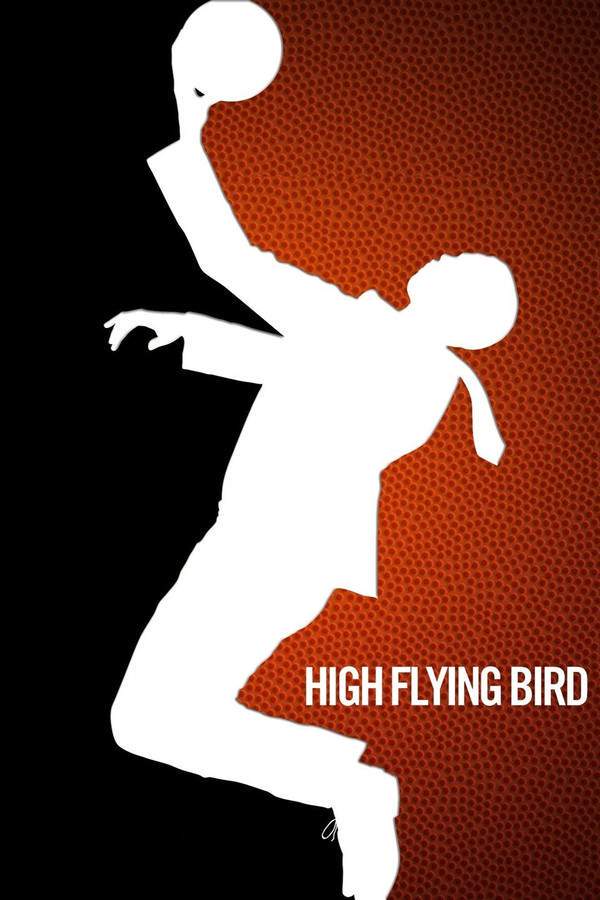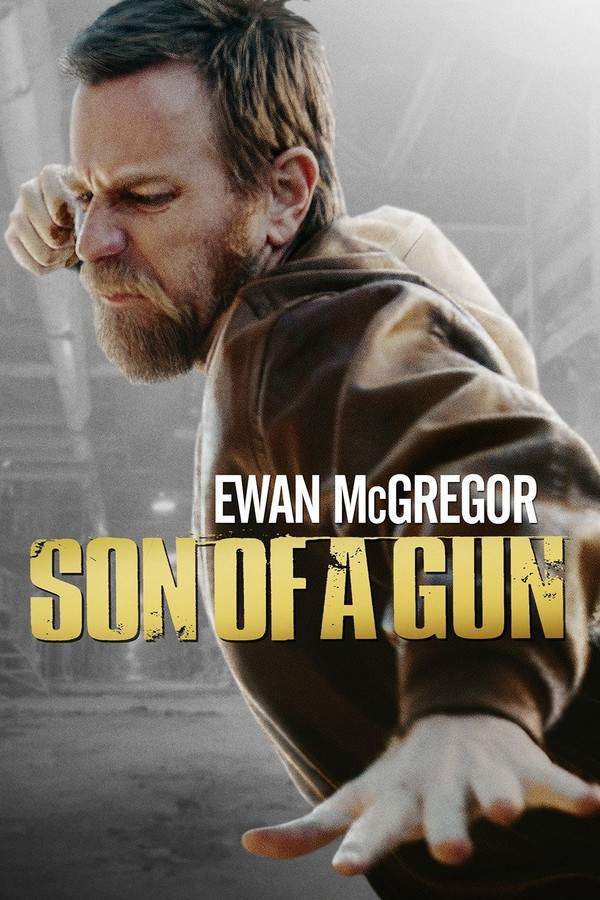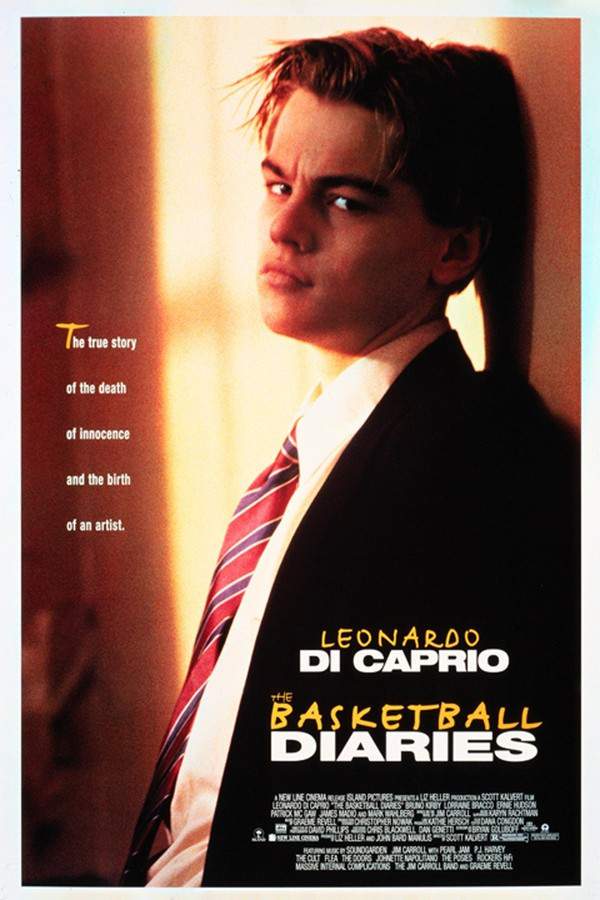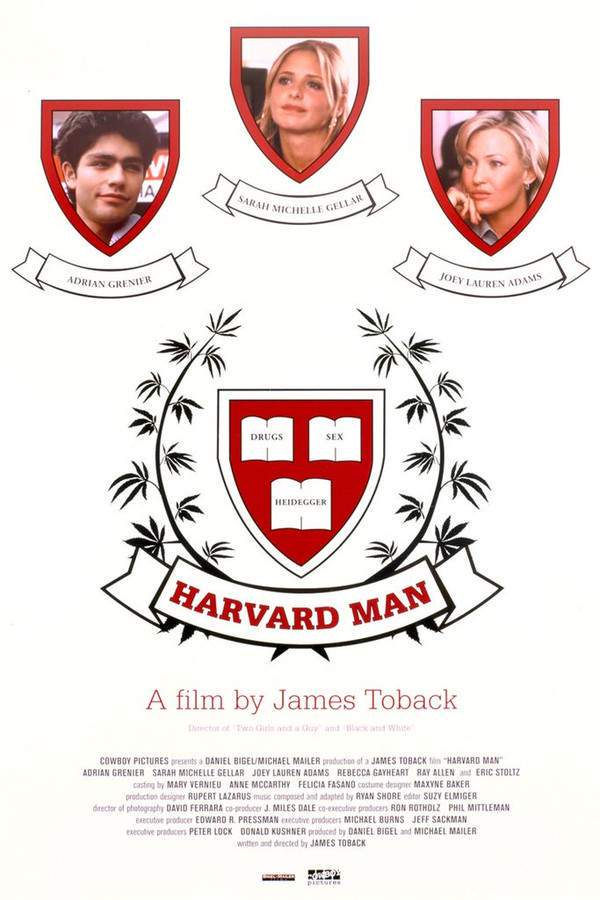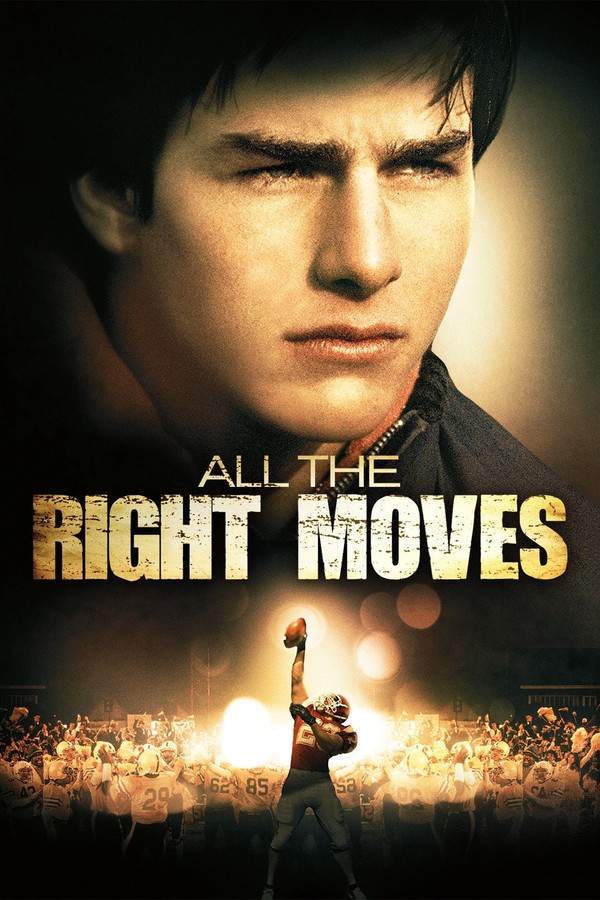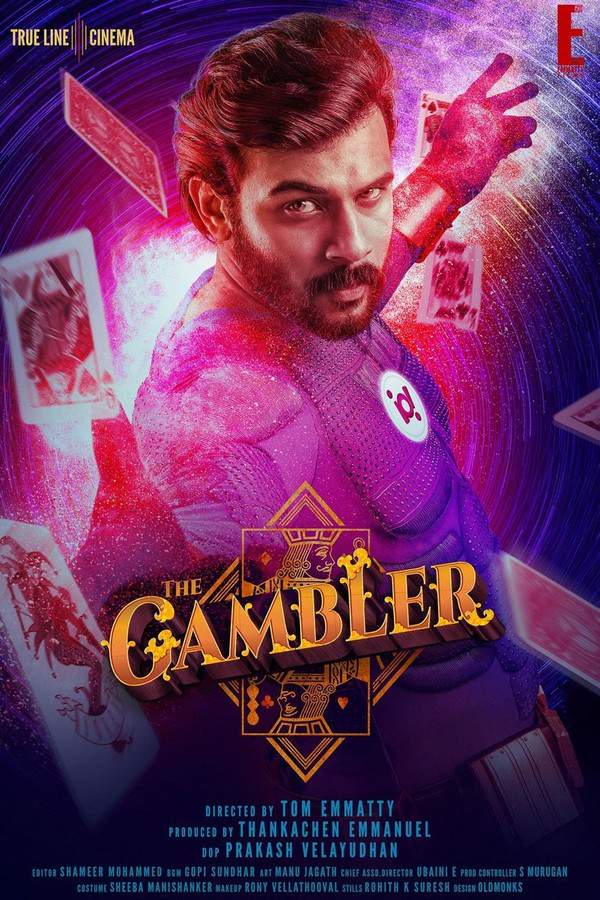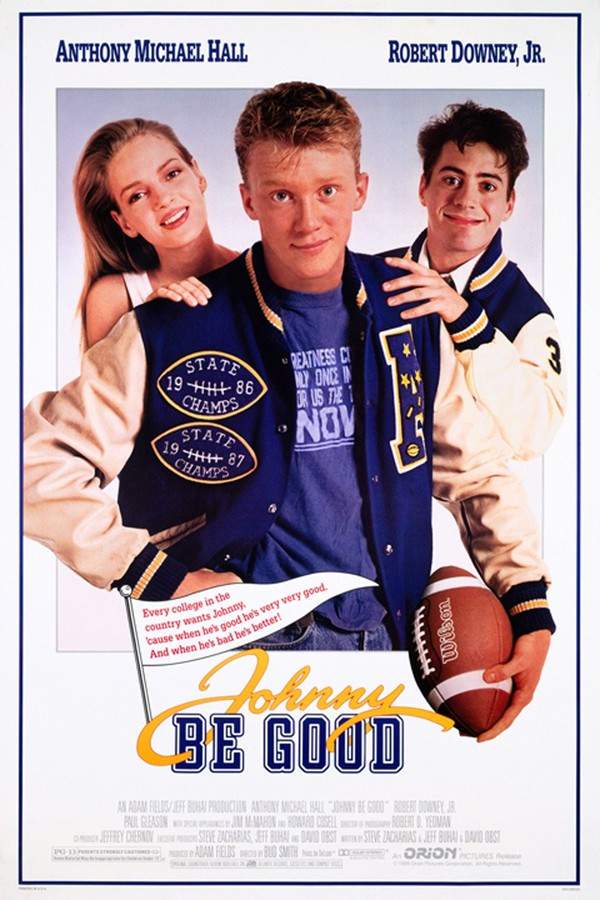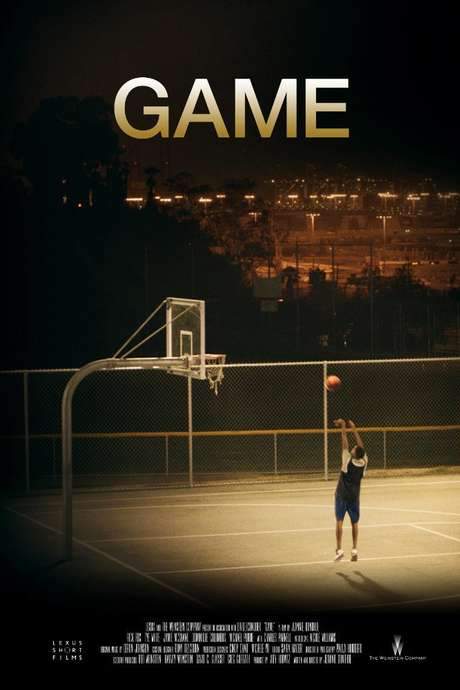He Got Game 1998
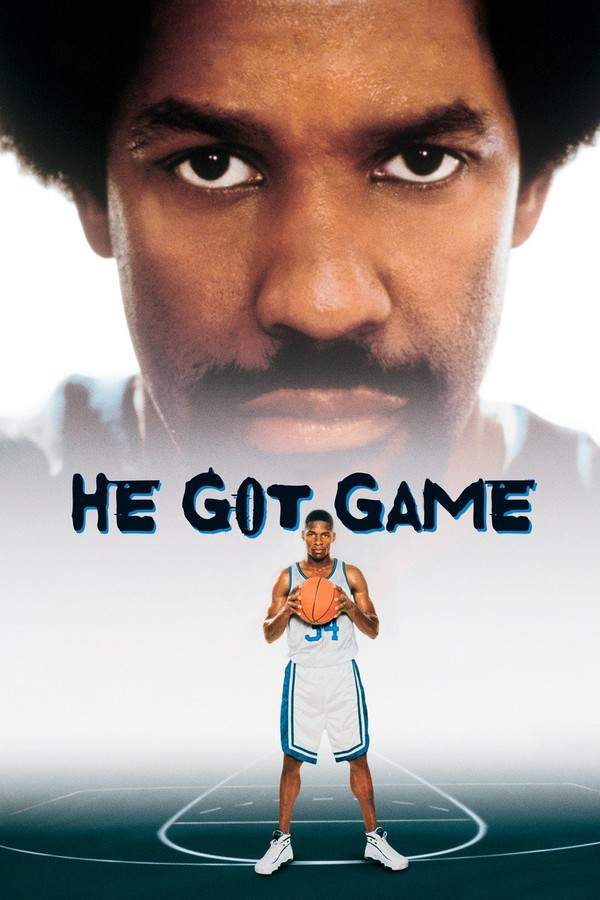
A former convict, Jake Shuttleworth, is offered a chance at freedom if he can persuade his estranged teenage son, Jesus, a basketball phenomenon, to choose the governor's university. Jake must confront his painful history and the challenges of reconnecting with his son while under intense pressure and with limited time. The situation is complicated by Jesus’s own troubled life and the high stakes involved in his college decision.
Does He Got Game have end credit scenes?
No!
He Got Game does not have end credit scenes. You can leave when the credits roll.
Meet the Full Cast and Actors of He Got Game
Explore the complete cast of He Got Game, including both lead and supporting actors. Learn who plays each character, discover their past roles and achievements, and find out what makes this ensemble cast stand out in the world of film and television.
External Links and Streaming Options
Discover where to watch He Got Game online, including streaming platforms, rental options, and official sources. Compare reviews, ratings, and in-depth movie information across sites like IMDb, TMDb, Wikipedia or Rotten Tomatoes.
Ratings and Reviews for He Got Game
See how He Got Game is rated across major platforms like IMDb, Metacritic, and TMDb. Compare audience scores and critic reviews to understand where He Got Game stands among top-rated movies in its genre.

64
Metascore
7.1
User Score


80%
TOMATOMETER

83%
User Score

6.9 /10
IMDb Rating

67
%
User Score
Take the Ultimate He Got Game Movie Quiz
Challenge your knowledge of He Got Game with this fun and interactive movie quiz. Test yourself on key plot points, iconic characters, hidden details, and memorable moments to see how well you really know the film.
He Got Game Quiz: Test your knowledge about the film 'He Got Game' and its compelling story of family and basketball.
Who is the main character of the film?
Jake Shuttlesworth
Jesus Shuttlesworth
Martha Shuttlesworth
Dakota Barns
Show hint
Full Plot Summary and Ending Explained for He Got Game
Read the complete plot summary of He Got Game, including all major events, twists, and the full ending explained in detail. Explore key characters, themes, hidden meanings, and everything you need to understand the story from beginning to end.
Jesus Shuttlesworth, recognized as the top high school basketball player in America, finds himself at the center of a fierce competition among prestigious college basketball programs vying for his talent. His father, Jake Shuttlesworth, who is incarcerated at Attica Correctional Facility for the accidental death of his wife, Martha, Jesus’ mother, six years prior, has been granted a unique opportunity by the governor. This influential alumnus of “Big State,” one of the schools on Jesus’ shortlist, has orchestrated a deal: if Jake can persuade his son to enroll at Big State, he will gain an early release from prison.
Upon receiving his first taste of freedom, Jake immediately reaches out to his daughter, Mary Shuttlesworth, who joyfully welcomes him back. However, the reunion with Jesus is far from warm; Jesus pointedly avoids eye contact and asks Mary to remove the “stranger” from their living room. In time, Jesus agrees to a private meeting with Jake, away from the prying eyes of Mary. Throughout their interactions, Jake implores Jesus to commit to Big State, but his efforts seem to fall on deaf ears. It isn’t until Jake unfolds the agreement made with the governor that Jesus shows even a hint of emotion, though he remains largely unresponsive to his father’s plight.
As the narrative unfolds, flashbacks delve into Jesus’ grueling training sessions led by Jake, shedding light on the tumultuous night when a heated argument escalated into tragedy, resulting in the heartbreaking loss of Martha.
Parallel to the Shuttlesworth family saga is the story of Dakota Barns, a prostitute living next door to Jake in a dilapidated hotel. Dakota is under the oppressive control of her abusive pimp, Sweetness, and Jake becomes aware of her plight through the thin walls separating their rooms. Demonstrating compassion, he tends to Dakota’s injuries and shares some of his scant money. Their relationship develops into a poignant connection, and in one of the film’s most moving scenes, Dakota is seen boarding a Greyhound bus, leaving New York City behind.
Caught in the whirlwind of recruitment, Jesus faces tempting offers of cash and companionship from prominent basketball programs, while also contemplating an early entry into the NBA draft to escape poverty for himself and Mary. Frustrated by his inability to reach Jesus, Jake issues a challenge for one final game of one-on-one basketball. If he wins, Jesus will commit to Big State; if Jesus emerges victorious, he will have the freedom to choose his own path. The competition is fierce, but as Jake tires out, Jesus claims victory. Just before Jake is taken back to Attica, he imparts a critical piece of advice: > “Let me tell you something, son: You get that hatred out your heart, or you’ll end up just another nigga … like your father.”
Ultimately, Jesus resolves to sign with Big State, offering Jake his blessing. However, the promise of a reduced sentence fails to materialize; the media falsely portrays Jake’s work release as an escape attempt. In a symbolic act of liberation, Jake releases the weight of his dreams and expectations for his son, throwing an old basketball over the prison wall. This ball miraculously lands on the court where Jesus is practicing, signifying a message of hope and connection from father to son. As Jesus grasps the ball, he recognizes it as a symbol of his father’s love and encouragement.
Uncover the Details: Timeline, Characters, Themes, and Beyond!

Coming soon on iOS and Android
The Plot Explained Mobile App
From blockbusters to hidden gems — dive into movie stories anytime, anywhere. Save your favorites, discover plots faster, and never miss a twist again.
Sign up to be the first to know when we launch. Your email stays private — always.
Watch Trailers, Clips & Behind-the-Scenes for He Got Game
Watch official trailers, exclusive clips, cast interviews, and behind-the-scenes footage from He Got Game. Dive deeper into the making of the film, its standout moments, and key production insights.
Cars Featured in He Got Game
Explore all cars featured in He Got Game, including their makes, models, scenes they appear in, and their significance to the plot. A must-read for car enthusiasts and movie buffs alike.
He Got Game Themes and Keywords
Discover the central themes, ideas, and keywords that define the movie’s story, tone, and message. Analyze the film’s deeper meanings, genre influences, and recurring concepts.
He Got Game Other Names and Titles
Explore the various alternative titles, translations, and other names used for He Got Game across different regions and languages. Understand how the film is marketed and recognized worldwide.
Similar Movies To He Got Game You Should Know About
Browse a curated list of movies similar in genre, tone, characters, or story structure. Discover new titles like the one you're watching, perfect for fans of related plots, vibes, or cinematic styles.
Quick Links: Summary, Cast, Ratings, More

What's After the Movie?
Not sure whether to stay after the credits? Find out!
Explore Our Movie Platform
New Movie Releases (2025)
Famous Movie Actors
Top Film Production Studios
Movie Plot Summaries & Endings
Major Movie Awards & Winners
Best Concert Films & Music Documentaries
Movie Collections and Curated Lists
© 2025 What's After the Movie. All rights reserved.
















